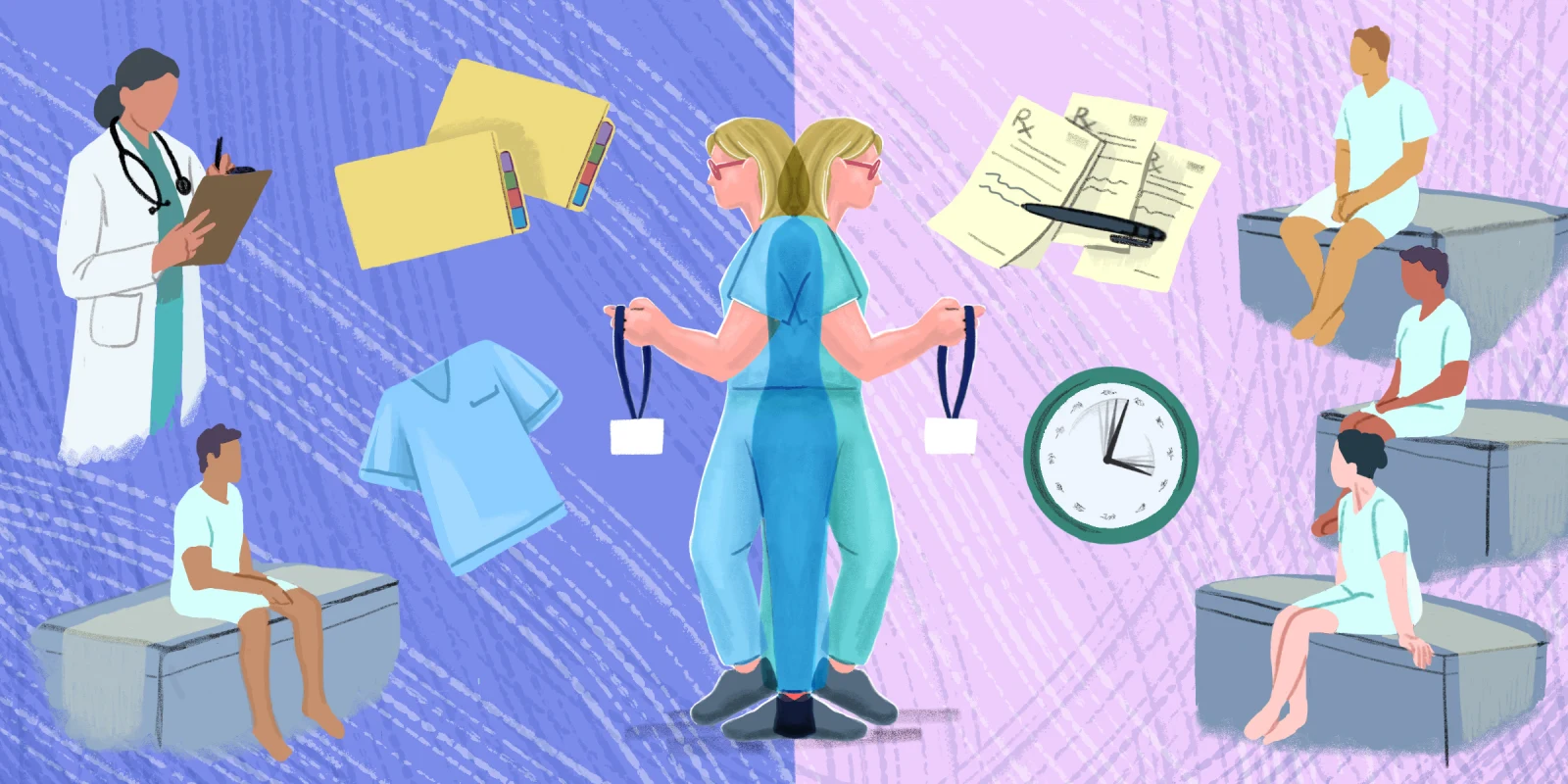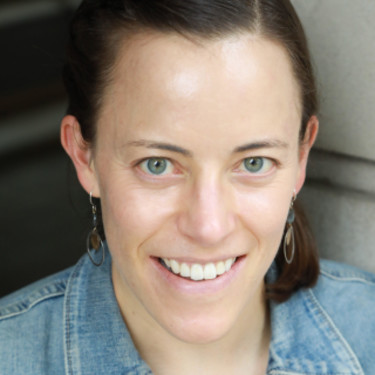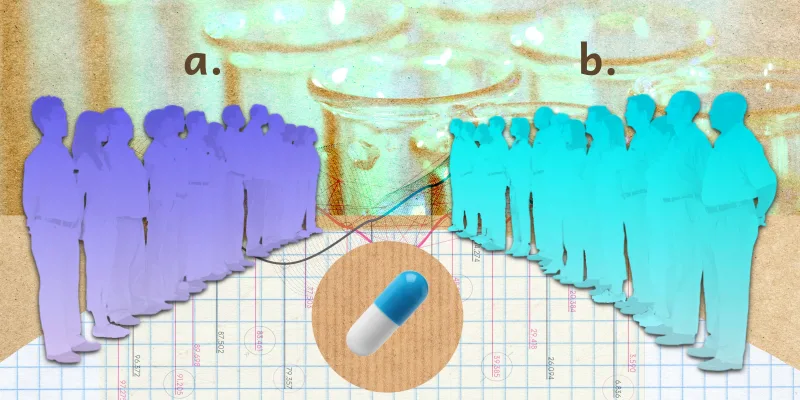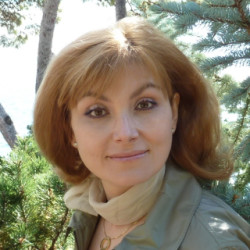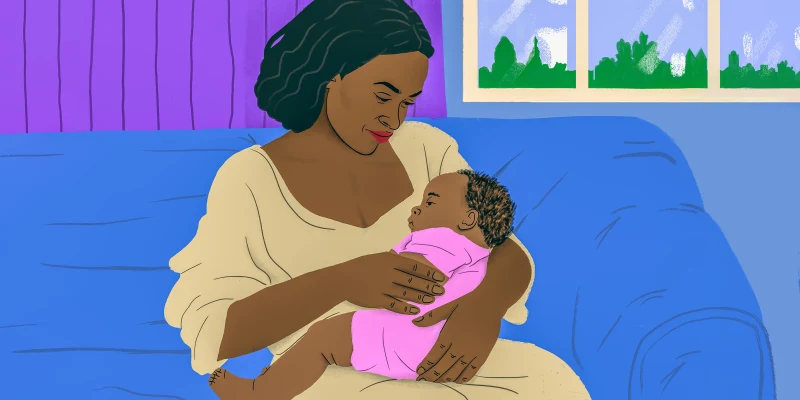The tension over the benefits of being generalist versus specialist physicians is as old as time. There are clear benefits to both approaches, and when we rely on each in the appropriate contexts and circumstances, our patients have the best outcomes. However, the system almost never works the way it should. As a family medicine physician, I pride myself on accepting all comers, being responsible for the whole picture of a patient’s medical circumstances, and how treatments fit into their lives. I strive to work toward the top of my training and refer out when I have exhausted my abilities. But I also consider myself to be a “specialized” primary care physician, mostly providing primary care for individuals with intellectual and developmental disabilities (IDD).
Now, most of my “specialization” does not rely on specific medical knowledge. Rather, it comes from a myriad of factors: for one, there’s my ability to communicate with people with disabilities, who often have unique ways of thinking, communicating, and experiencing the world. For another, there’s my strong relationships with my patients’ supporters and caregivers, as well as my familiarity with the community support systems that are a major part of my patients’ lives. And then there’s my in-depth knowledge of things like the primary care guidelines for adults with Down syndrome and the conditions people with cerebral palsy are at higher risk for, not to mention my experience in basic management of most of the types of tubes that patients may have. Finally, I understand the ways patients with disabilities and their families have battled the medical system for years — and how they rarely feel that they can trust all the professionals they interact with. I am grateful to have been trusted by many individuals with disabilities and those who support them; I enjoy being someone known within that community.
Still, challenges do arise with specialization. I have had people drive hours for primary care, sometimes with quite complex concerns. I obviously would prefer not to have patients who live so far away and whose care I’m managing at a distance, but I recognize that the knowledge and understanding I have of a situation is sometimes enough to outweigh the advantages of proximity.
This type of tension between being specialized and generalized is largely what has led many physicians who prioritize caring for people with IDD to wonder if “developmental medicine” should be considered an independent specialty. To a degree, this specialization has already started to occur, with increasing numbers of specialized clinics nationwide. Some are specialized primary care clinics while others more resemble specialty consult-style clinics, and many are multi-disciplinary.
Simultaneously, there are many efforts to increase and potentially mandate better education for students and residents in caring for individuals with IDD, with the hopes of making care feel much more accessible. The merits of this are obvious, especially if we consider the fact that people with IDD often have multiple specialists. Shouldn’t they be able to expect that each of their physicians is equally competent in treating them as a whole person? Further, every physician encounters new issues, problems, or diagnoses on nearly a daily basis. We should be able to navigate situations we are unfamiliar with, as this is a routine part of the job. In my case, I often meet patients with genetic diagnoses I have never heard of, and I know I am not alone. We are all capable of educating ourselves on new things and using our resources to provide the best care possible for patients.
I anticipate that the world of developmental medicine will become increasingly specialized in line with what’s happening in the rest of the medical world. I think in many ways this will enhance the quality of care for patients with IDD, especially as medical advances continue to increase the life expectancy of this patient population. However, overall, I think patients would be better served if we relied on a model of expecting that all physicians had the skill sets of disability cultural competency, a willingness to care for patients regardless of disability status, and the problem-solving skills to navigate new situations.
Importantly, much of this incentive toward specialization is unrelated to the humanity and efforts of clinicians, but rather the hostile medical system we all have to navigate every day. Many specialized clinics allow patients to make extra time for appointments, and have a variety of built-in accommodations and assistance with the increased administrative burden that often accompanies those receiving many social services. If we expect all physicians to expand their boundaries, we also need to provide the structural support and systems to do so.
Until we can create a friendly medical system (for patients and clinicians) that is designed to optimize care for patients with IDD and other complex medical histories, specialization is likely a more reasonable avenue to ensure that people with IDD get the quality care they receive. However, overall, this is fundamentally a worse option. All patients should be able to receive high quality, culturally competent, accessible care in their community, in the same places their family, friends, and supporters receive care. Until they do, I will continue to self-identify as a developmental specialist.
Do you consider yourself a specialist or a generalist? Share in the comments!
Dr. Emily Johnson is a family medicine physician who specializes in the care of adults with intellectual and developmental disabilities. She enjoys cycling, power lifting, language learning, and goofing around with her toddler. Dr. Johnson is a 2024–2025 Doximity Op-Med Fellow.
Illustration by Diana Connolly
